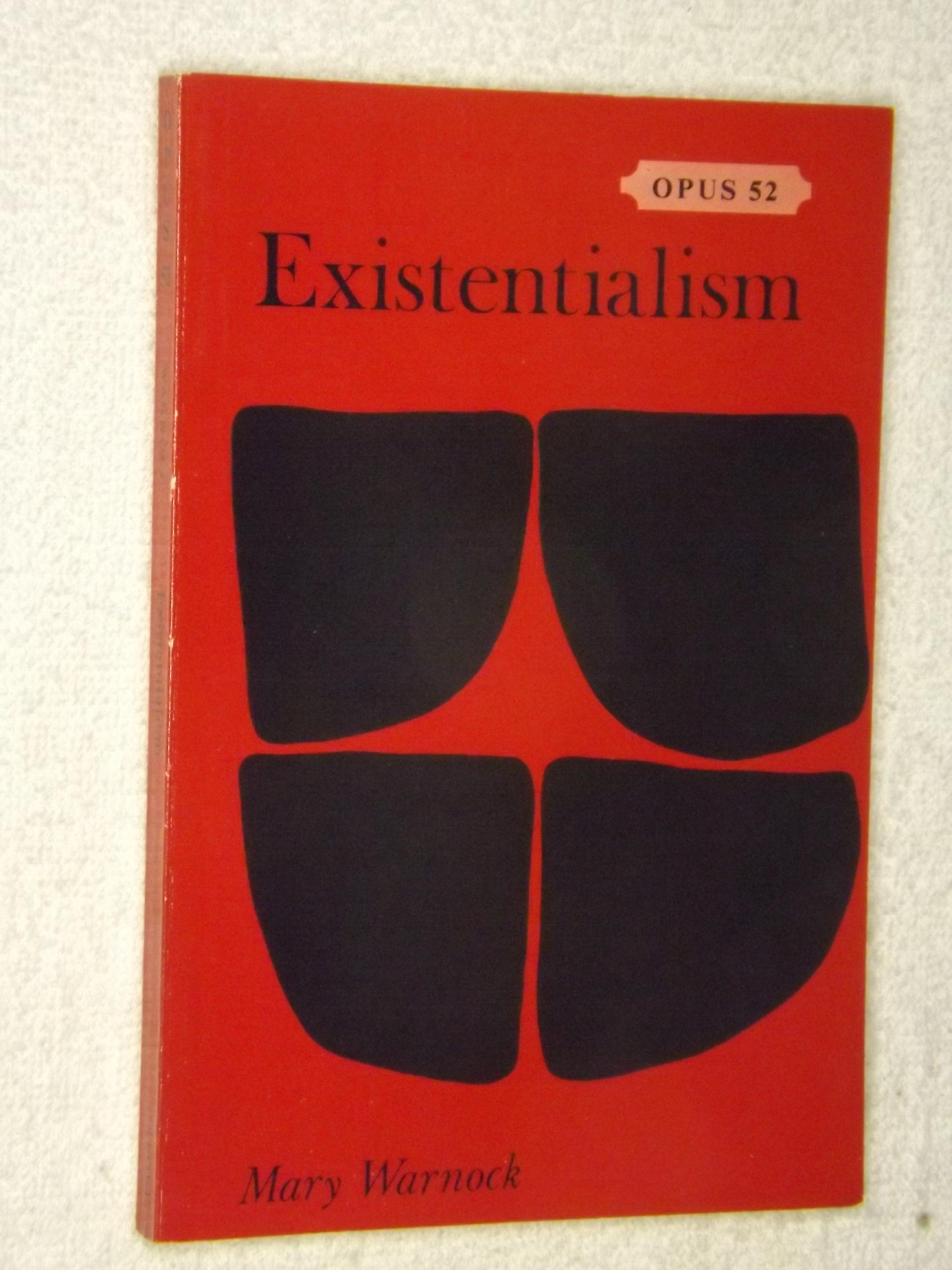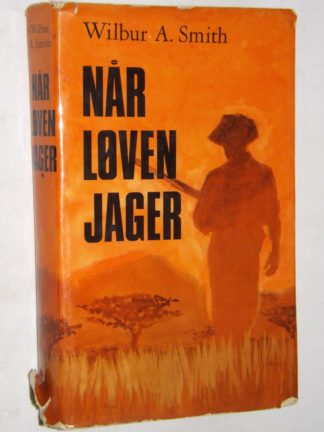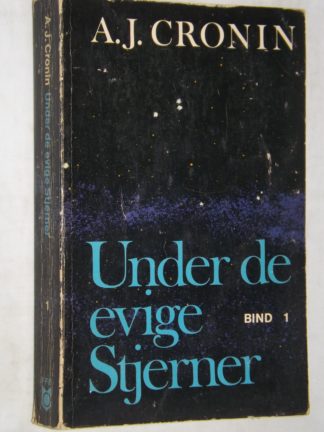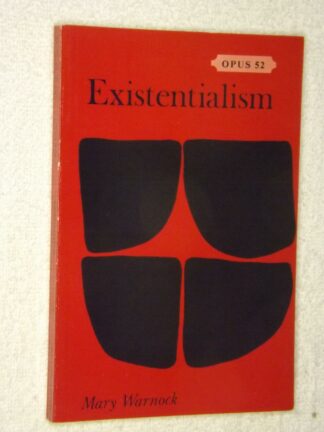Beskrivelse
Existentialism enjoyed great popularity in the 1940s and 1950s, and has probably had a greater impact upon literature than any other kind of philosophy. The common interest which unites Existentialist philosophers is their interest in human freedom. Readers of Existentialist philosophy are being asked, not merely to contemplate the nature of freedom, but to experience freedom, and to practise it. In this survey, Mary Warnock begins by considering the ethical origins of Existentialism, with particular reference to Kierkegaard and Nietzsche, and outlines the importance of a systematic account of man’s connection with the world as expounded by Husserl. She discusses at length the common interests and ancestry of Existentialism in the works of Heidegger, Merleau-Ponty, and Sartre, and offers some conclusions about the current nature and future of this committed and practical philosophy.




